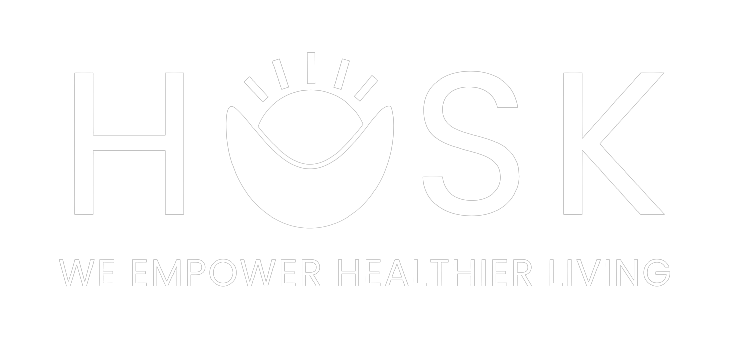Academy of Nutrition and Dietetics. (2017) Irritable Bowel Syndrome. Available at https://www.eatright.org/health/wellness/digestive-health/irritable-bowel-syndrome. [Accessed 31 Mar 2019]
National Center for Complementary and Integrative Health. (2015) Irritable Bowel Syndrome: In Depth. Available at https://nccih.nih.gov/health/digestive/IrritableBowelSyndrome.htm. [Accessed 31 Mar 2019]
Todays Dietitian. (2014) Irritable Bowel Syndrome An Overview of Treatment Options. Available at https://www.todaysdietitian.com/newarchives/040114p46.shtml. [Accessed 31 Mar 2019]




